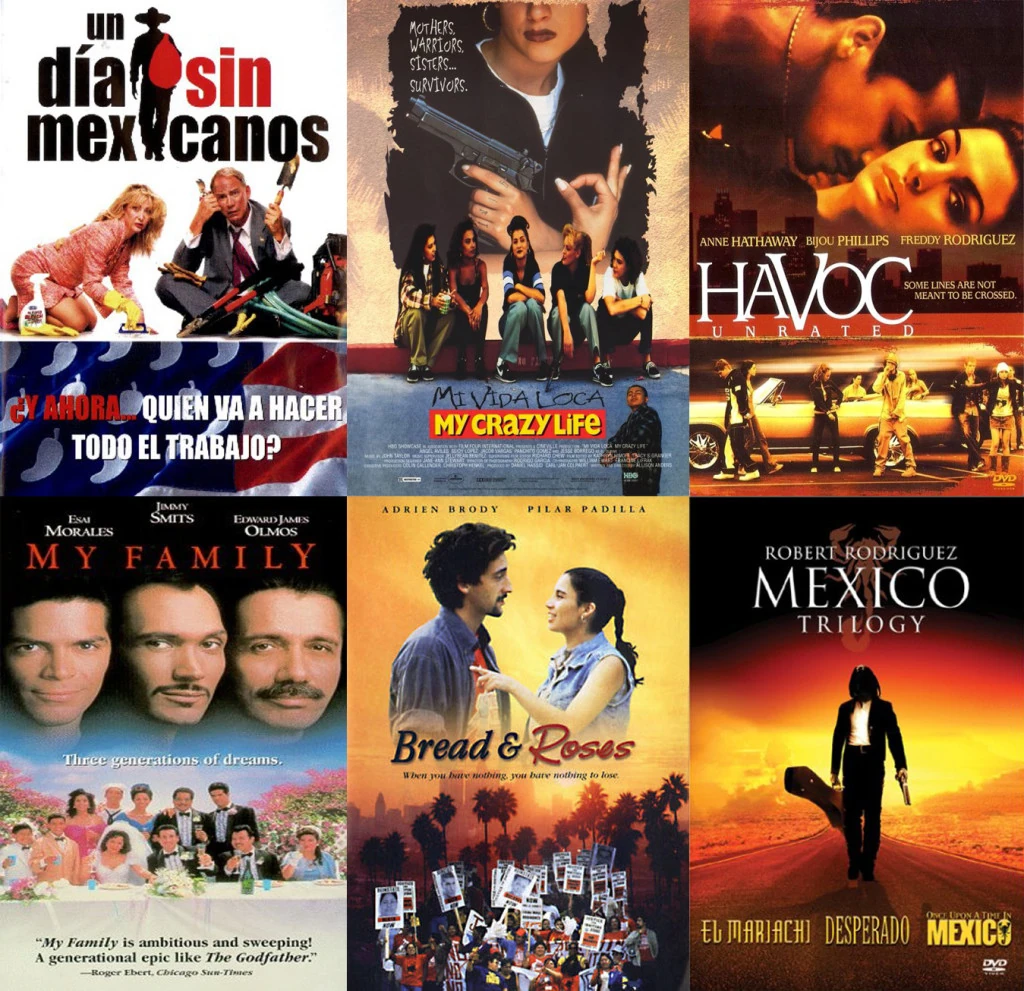Deconstructive Humour: Subverting Mexican and Chicano Stereotypes in Un Día Sin Mexicanos (Sergio Arau 2004)
(pp. 31-45; DOI: 10.23692/iMex.2.3)
 Cargando...
Cargando...
 Cargando...
Cargando...Dr. Sarah Barrow
 Dr. Sarah Barrow teaches Film and Media, and is Head of the School of Media at the University of Lincoln, UK. She has published journal articles and book chapters on British, Spanish, Peruvian, Cuban and Mexican cinemas. She co-edited 50 Key British Films (Routledge, 2008), was a contributor to 50 Key American Films (2009), and is co-editing a new encyclopaedia project for Routledge on world cinemas. She organised an international symposium on contemporary Latin American cinemas in February 2012, and is completing a monograph on politics, violence and national identities as issues that emerge from the Peruvian cinema of the Shining Path era.
Dr. Sarah Barrow teaches Film and Media, and is Head of the School of Media at the University of Lincoln, UK. She has published journal articles and book chapters on British, Spanish, Peruvian, Cuban and Mexican cinemas. She co-edited 50 Key British Films (Routledge, 2008), was a contributor to 50 Key American Films (2009), and is co-editing a new encyclopaedia project for Routledge on world cinemas. She organised an international symposium on contemporary Latin American cinemas in February 2012, and is completing a monograph on politics, violence and national identities as issues that emerge from the Peruvian cinema of the Shining Path era.
For a long time, US cinema developed unshakeable stereotypes of Mexican ‘otherness’, with characters of Mexican cultural and ethnic heritage stigmatised as criminals or as sensual objects of desire. Filmmakers in Mexico, meanwhile, treated Mexican Americans as misfits who belonged nowhere, or ignored them and their complex experience completely. The emergence of a distinct ‘Chicano cinema’ in the 1960s allowed for the development of a more powerful set of images of Mexican Americans, exploiting the very tool of communication that had been used against them, and for the circulation of a more productive and reflective dialogue around the questions of identity, agency and resistance that arise.
This article focuses on the use of humour as a subversive tool to deconstruct certain myths and stereotypes of Mexican and, to a certain extent, Mexican American (or, Chicano) identity in Sergio Arau’s popular debut feature, Un Día Sin Mexicanos(2004). The “Mexicans” referred to in the film’s title and used in much of its dialogue stand metonymically for all Hispanic immigrants, whether recently arrived, or born in the US and of Hispanic descent, including Chicanos. Its narrative was inspired by the introduction of controversial anti-immigration legislation in California in 1994, and the Californian State is here made representative of anywhere in the US where there is a Mexican or Chicano population. This essay situates the film within the context of a growing Chicano population in the US and a high level of immigration from Mexico itself. It asks to what extent the feature version, which takes the form of satire, offers a critique of the Mexican immigrant experience, and of discrimination more broadly against Hispanic minorities. In so doing, it explores the ways in which the politics of resistance that are so often aligned with these experiences are inscribed in its narrative form.
Guido Rings - Editorial
Thea Pitman - “Authentic” Chicano cinema?
Sarah Barrow - Humour in “Un Dia Sin Mexicanos”
Alexandra Simon López - Machismo in the “Mexico Trilogy”
Richard Mora - The Cinematic Cholo in “Havoc”
Gabrielle Carty - Integration in “My Family”
F.J. Castaño / D. Esteban Bretones / Tamar Abuladze - Spectators on “Bread and Roses”
Reseñas

